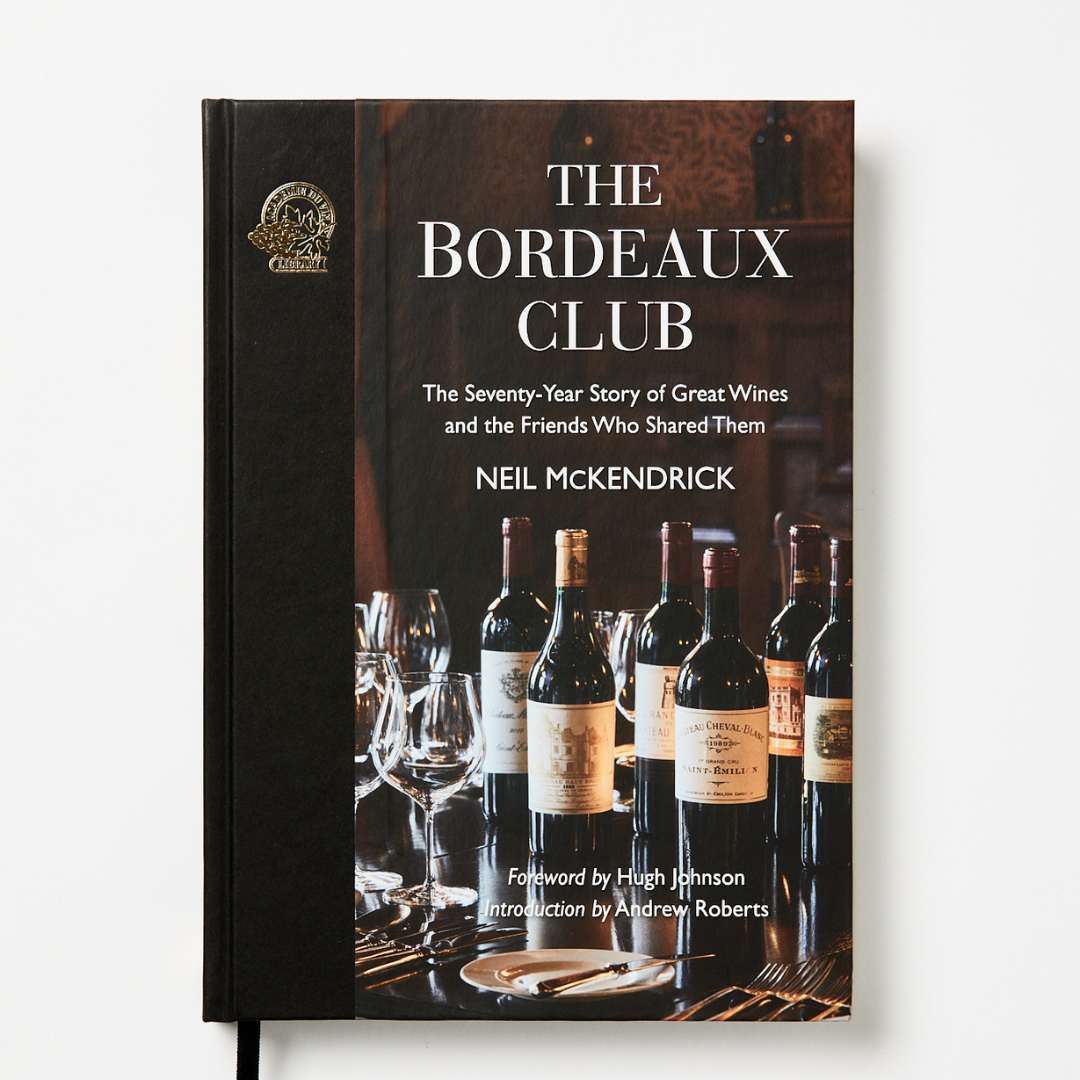Sir John ‘Jack’ Plumb was one of Cambridge’s most eminent historians, a bestselling author honoured by the US president – and a deeply divisive character whose sex life alone earned him the lifelong enmity of many. Here Neil McKendrick ponders the life that ended in ‘rage, resentment and recrimination’
‘It was not only as a teacher and a writer that he excelled. It must have been a pleasing irony to him in his mature years that the aspiring writer who had had his first literary efforts rejected by editors and publishers alike should eventually come to control a dazzling portfolio of editorial appointments himself. Those appointments led to a huge array of significant publications with an impressive cast of distinguished authors and publishers.
As a result, he was able to enjoy an affluent lifestyle far beyond that of the average don. These were the years when he relished a pleasure-loving lifestyle, as well as a hugely productive one and a much acclaimed one. These were the days of ever more expensive fast cars and ever more expensive and expansive foreign holidays in Provence, the Algarve and the Caribbean for himself and his friends – all at his expense.
These were the prosperous years when he also bought in profusion: 18th-century English silver; 17th-century Dutch paintings; and in particular fine wine, which led him to amass the finest private cellar in Cambridge; and, perhaps most notably of all, fine porcelain, which became a finer collection of Vincennes and Sèvres than that in Cambridge’s Fitzwilliam Museum.
These were the upbeat years when he was at his exuberant and inspiring best, attracting and helping to promote his unparallelled phalanx of brilliant pupils.
From these dizzying peaks of achievement and acclaim, there followed the years of disappointment and decline and ambitions not achieved; the darker years of rage, resentment and recrimination, which saw him in what historian David Cannadine described as “his more Dostoyevskian mode” when “he was consumed by doubt, loneliness and disappointment”.
In old age his private life seemed to offer few compensations. He had always claimed that he had based his life on serial friendships with both sexes. He had always derided marriage. He claimed to have had a daughter, but he never recognized her. Without children or grandchildren or a permanent partner to comfort him in his later decades, he began to think that he might have made the wrong choices in his personal life.
The end was the darkest episode of all – a lonely and embittered old age when, echoing the closing words of his great work on Walpole, “the future would bring the death of friends, the decline of powers, age, sickness and defeat”.
Taken from The Bordeaux Club by Neil McKendrick published by Académie du Vin Library. It is available here at an incredible 35% off discount for a limited time.




